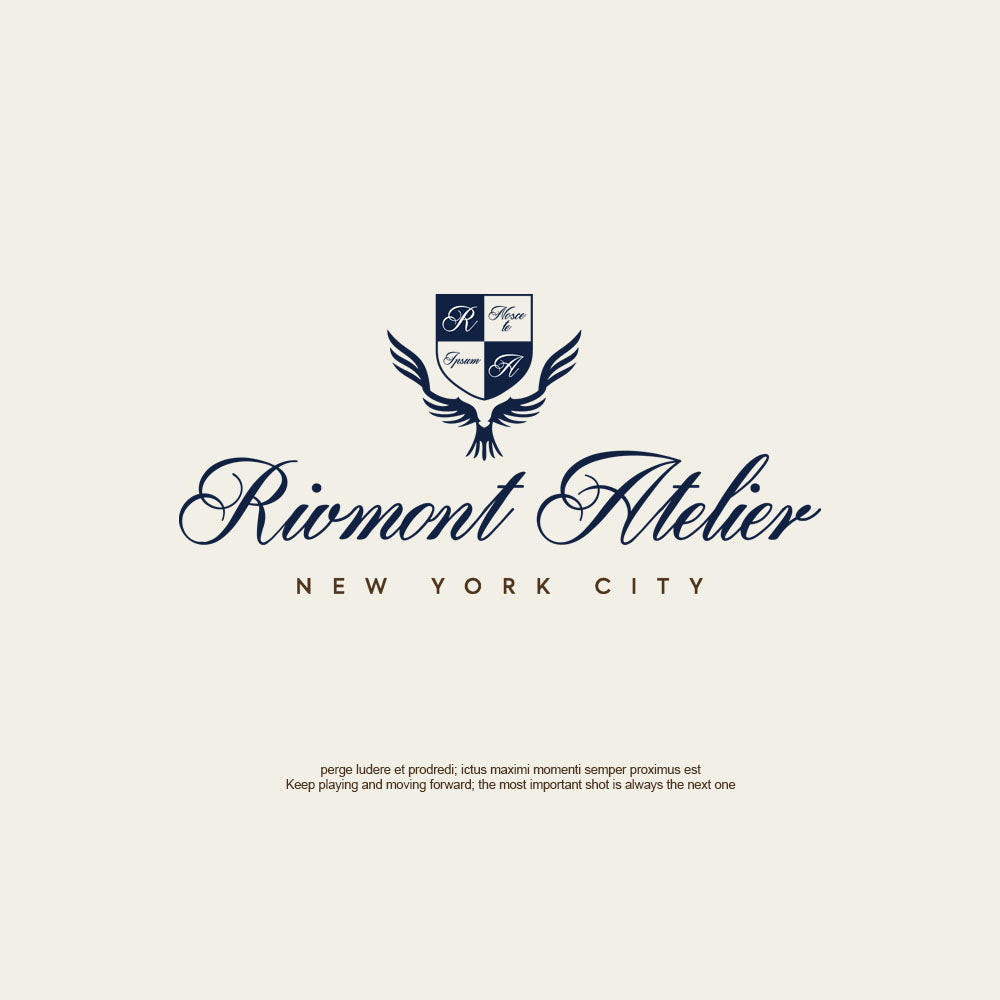The Evolution of Suits and the Influence of Streetwear: A Rivmont Perspective

At Rivmont, fashion is not just about clothing but a statement, a way of life. Today, we dive into the fascinating journey of the suit—a garment that has been a symbol of sophistication and power for centuries—and explore how streetwear has influenced fashion, making the suit more versatile than ever.
The Suit: From Strict Formality to Daily Fashion
Suits have long been associated with formality and high social status. Their origins can be traced back to the 17th century, but it was during the late 19th and early 20th centuries that suits became the quintessential attire for men in professional and formal settings. The industrial revolution brought about a shift in societal norms, and the suit became a uniform for the burgeoning middle class, symbolizing professionalism, respectability, and success.
By the mid-20th century, the suit was firmly entrenched as the go-to outfit for business and formal occasions. Icons like Cary Grant and James Bond epitomized the allure and elegance of a well-tailored suit, further cementing its status. However, as we moved into the latter half of the 20th century, the cultural revolution of the 1960s and 70s began to challenge the rigid norms of dress codes.
The Rise of Streetwear: A Cultural Mosaic
Streetwear emerged in the late 20th century, influenced by the vibrant cultures of hip-hop, skateboarding, and graffiti art. It represented a rebellion against the mainstream and an embrace of individuality and creativity. Brands like Stüssy and Supreme pioneered this movement, blending casual comfort with bold, statement-making designs.
Streetwear's influence didn't stop at casual attire; it began to permeate high fashion. Designers started incorporating elements of streetwear into their collections, breaking down the barriers between formal and casual wear. The cultural amalgamation seen in streetwear drew from diverse sources—Japanese street fashion, American hip-hop culture, and even elements of punk and surf culture.
Suits in the Modern Fashion Landscape
Today, the lines between formal wear and streetwear are increasingly blurred. The modern fashion landscape celebrates versatility and personal expression. At Rivmont, we believe that the suit is not confined to boardrooms and black-tie events. With the right approach, a suit can be a part of your everyday wardrobe, offering both style and comfort.
Innovative designers have embraced this shift, creating suits with relaxed fits, unconventional fabrics, and bold patterns. Think of a well-tailored suit jacket paired with jeans and sneakers, or a sleek blazer over a graphic tee. These combinations not only look effortlessly chic but also resonate with the contemporary emphasis on individual style.
Embracing the New Suit Culture at Rivmont
At Rivmont, we are passionate about redefining what a suit can be. Our collections are inspired by the rich history of this iconic garment, yet they are designed for today's dynamic lifestyles. We believe that a suit should not be a uniform but a canvas for personal expression.
Our suits are crafted with the finest materials and attention to detail, ensuring that you look sharp, whether you're heading to a business meeting or a casual dinner. By integrating elements of streetwear, we offer pieces that are versatile, stylish, and comfortable.
Conclusion: A New Era for the Suit
The journey of the suit from a strict symbol of formality to a versatile fashion staple is a testament to the evolving nature of style. Influenced by diverse cultures and the rise of streetwear, the modern suit is more adaptable than ever. At Rivmont, we celebrate this evolution and invite you to explore our collections, where tradition meets innovation, and style knows no bounds.
Embrace the new era of the suit with Rivmont—where fashion is redefined, and every outfit is a statement.










